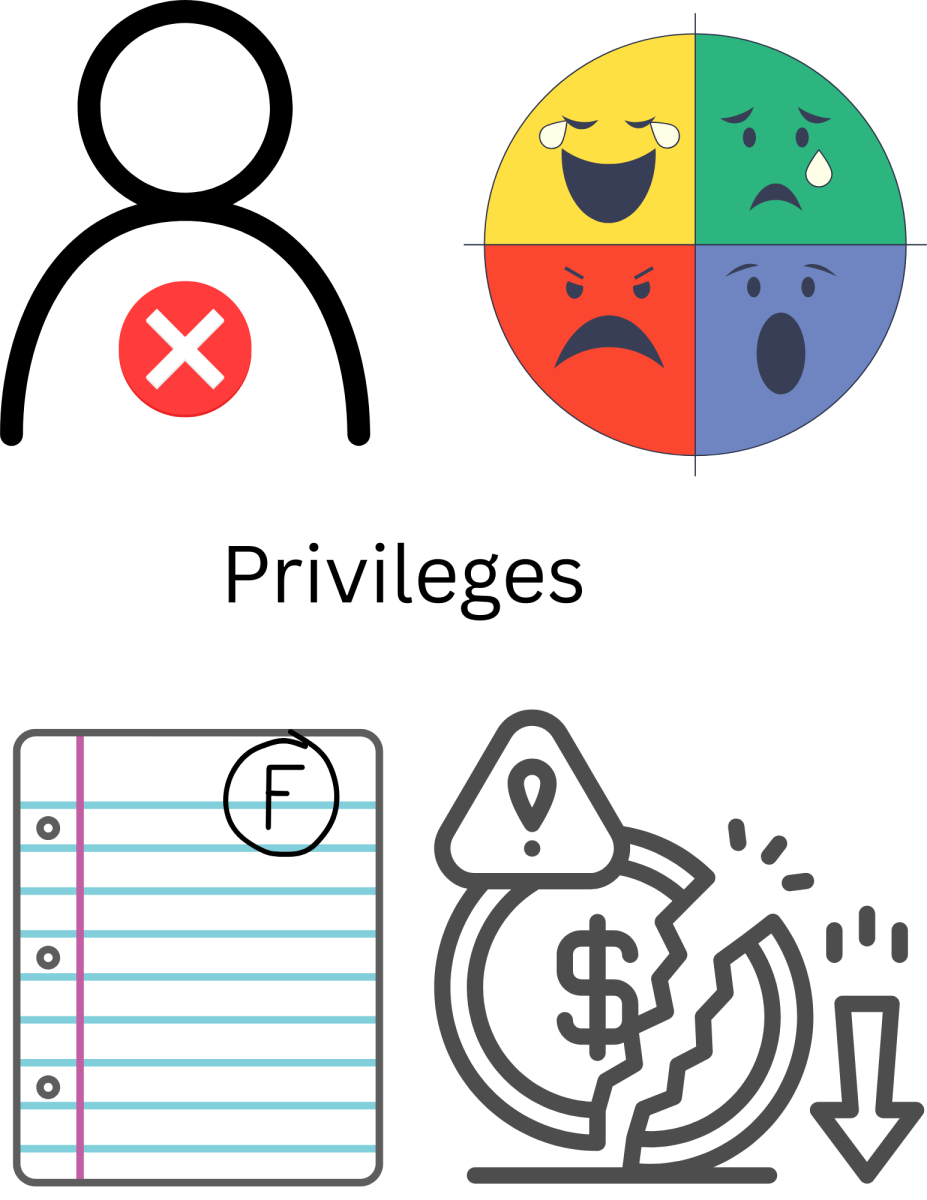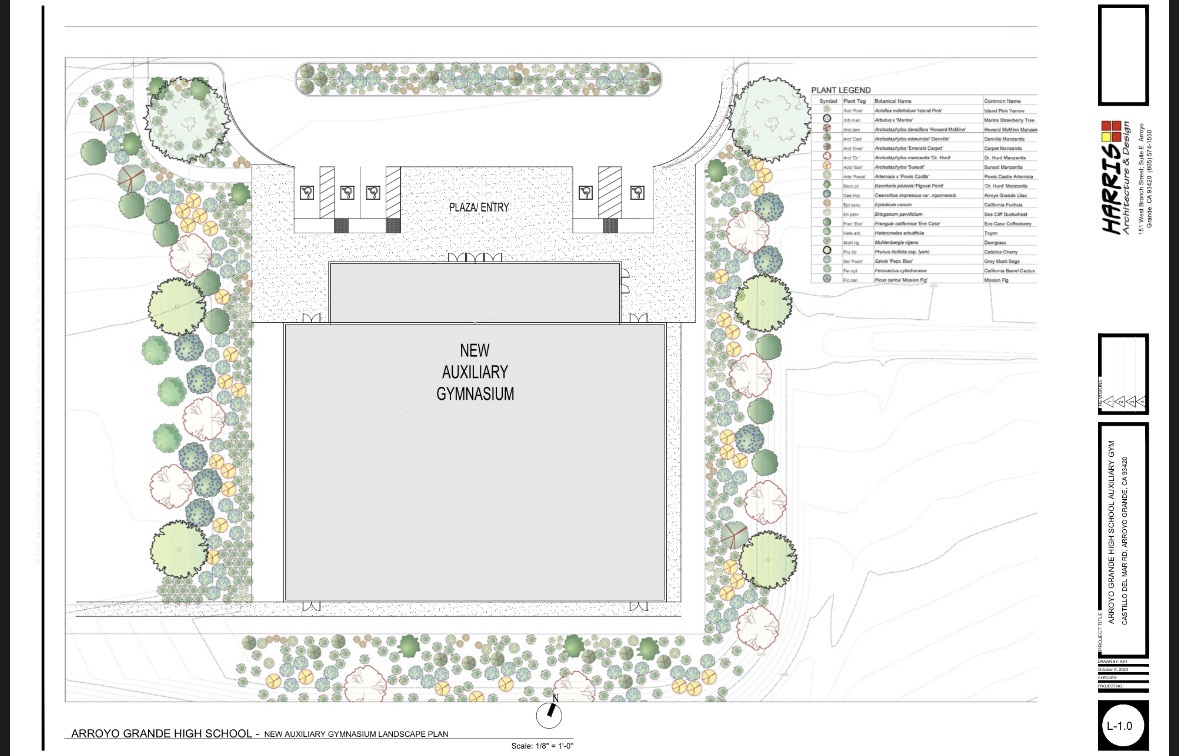
A new school-wide privilege system designed to simplify expectations and reinforce responsibility went into effect on Sep. 15 at AGHS, marking the culmination of two years of development by the administration.
School officials describe the system, which is centered around the mnemonic device “ABCD,” not as a punitive measure, but as a structure intended to promote good citizenship and proactively identify students who need support.
“We’re trying to really simplify what we do at school,” Principal Brad Grumbles said.
With over 2,000 students and over 120 teachers, the goal was to create clear, objective criteria that apply consistently across the entire campus.
The core principles of the new system are summarized by ABCD:
- Attend school (no more than two unexcused absences per marking period).
- Positive behavior (staying out of trouble, with no more than three disciplinary instances recorded in the Aeries system).
- Classes passed (maintaining a 2.0 GPA).
- Pay off debts (having no outstanding debts to the school).
Students who meet these criteria maintain their privileges, which can include participation in extracurricular events and other freedoms.

“To be a good citizen, it’s really kind of simple,” Grumbles said. “You’ve got to show up to your job, you’ve got to stay out of trouble, you’ve got to perform, which is your performance in your classes, and you’ve got to stay out of debt.”
The system is framed as preparation for post-graduation life, setting students up to be college and career ready.
Administrators emphasized that the system provides students with greater clarity and autonomy. By establishing clear, consistent parameters, students know exactly what is expected of them, regardless of the teacher.
The system’s goal is not to remove privileges but to prompt intervention.
“ We [Administrators and Councelors ) believe that if a student is doing everything that they’re trying to do to stay on track and we remove them from an important event, we haven’t done our job,” Grumbles said.
Instead, data pulled from the custom Aeries module is used by a team of staff to meet with students who are falling below the bar of success. This encourages accountability and conversation, particularly when a student might have difficulty meeting the criterion, such as paying debts and attending classes.
“Part of accountability is having a conversation. It’s not designed to be punitive. It’s designed to try to reinforce accountability and being responsible,” Administrator Shayne MacCuish said.
Although the system officially tracks two whole-day unexcused absences, staff are proactively reviewing and manually addressing students with numerous period absences to ensure fairness. The privileges system is a new initiative and administrators welcome feedback and acknowledge that minor adjustments will need to be made and that technology glitches are part of the learning process.












